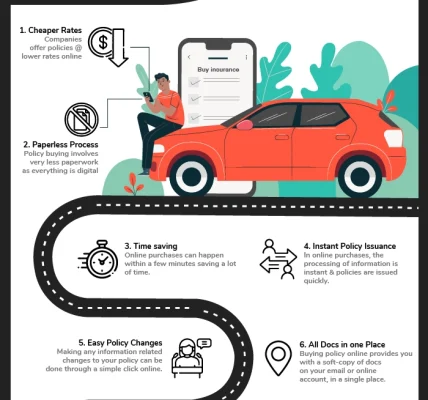The allure of green energy and a sustainable future has drawn many investors to renewable energy companies. However, despite the growing importance and increasing adoption of renewable technologies, investing in these companies can be surprisingly risky. Understanding the challenges these businesses face is crucial before allocating capital. This article will explore the reasons why renewable energy companies can be considered poor investments, delving into the complexities of the industry and the factors that contribute to their financial instability.
Financial Challenges Faced by Renewable Energy Companies
Renewable energy companies often struggle with profitability due to several underlying issues. These issues can include high upfront costs, fluctuating government subsidies, and the inherent variability of renewable resources.
High Upfront Costs
The initial investment in renewable energy projects is substantial. Building solar farms, wind turbines, and hydroelectric plants requires significant capital expenditure.
- Infrastructure Development: Construction and installation of renewable energy facilities are expensive.
- Technological Advancements: Staying competitive requires constant investment in new technologies.
- Land Acquisition: Securing suitable locations for renewable energy projects can be costly.
Reliance on Government Subsidies and Policies
Government support plays a critical role in the renewable energy sector. However, these subsidies can be unpredictable, leading to uncertainty for investors.
Fluctuations in government policy can significantly impact the financial viability of renewable energy projects. A shift in political priorities or changes in regulations can quickly alter the investment landscape.
Intermittency and Grid Integration Issues
Renewable energy sources like solar and wind are inherently intermittent. This variability poses challenges for grid stability and reliability.
Integrating renewable energy into existing power grids requires significant upgrades and investments in energy storage solutions. These costs can further strain the financial resources of renewable energy companies.
Market Competition and Technological Disruption
The renewable energy market is becoming increasingly competitive. Companies face pressure to innovate and lower costs to remain viable.
The rapid pace of technological innovation can quickly render existing technologies obsolete. Companies that fail to adapt risk falling behind and losing market share.
| Factor | Description | Impact |
|---|---|---|
| Increased Competition | More companies entering the renewable energy market. | Pressure on profit margins and market share; |
| Technological Disruption | New technologies emerging rapidly. | Risk of obsolescence for existing technologies. |
Global Economic Factors and Supply Chain Vulnerabilities
Economic downturns and disruptions in global supply chains can significantly impact the renewable energy sector. These external factors can create additional challenges for companies already operating in a competitive and capital-intensive market.
Global economic factors, such as recessions or trade wars, can decrease demand for renewable energy projects and impact investor confidence. Supply chain vulnerabilities, such as shortages of critical materials, can also disrupt project timelines and increase costs.
FAQ Section
Q: Are all renewable energy companies bad investments?
A: Not necessarily. Some well-established and financially stable renewable energy companies can be good long-term investments. However, it’s crucial to conduct thorough research and understand the risks involved.
Q: What are some key factors to consider before investing in a renewable energy company?
A: Consider factors such as the company’s financial stability, technological innovation, market position, and the regulatory environment in which it operates.
Q: How can I mitigate the risks of investing in renewable energy companies?
A: Diversify your portfolio, invest in companies with strong fundamentals, and stay informed about industry trends and policy changes.
Investing in renewable energy companies presents a complex landscape, fraught with both opportunities and risks. The high upfront costs, reliance on subsidies, and intermittency of renewable sources contribute to financial instability. Furthermore, intense market competition and the threat of technological disruption add another layer of uncertainty. While the sector holds immense potential for a sustainable future, careful consideration and thorough due diligence are essential before making investment decisions. Investors should prioritize companies with strong financial performance, innovative technologies, and a proven track record of navigating the challenges of the renewable energy market. Ultimately, a cautious and well-informed approach is crucial to maximizing potential returns while minimizing the risks associated with investing in this dynamic and evolving industry.


